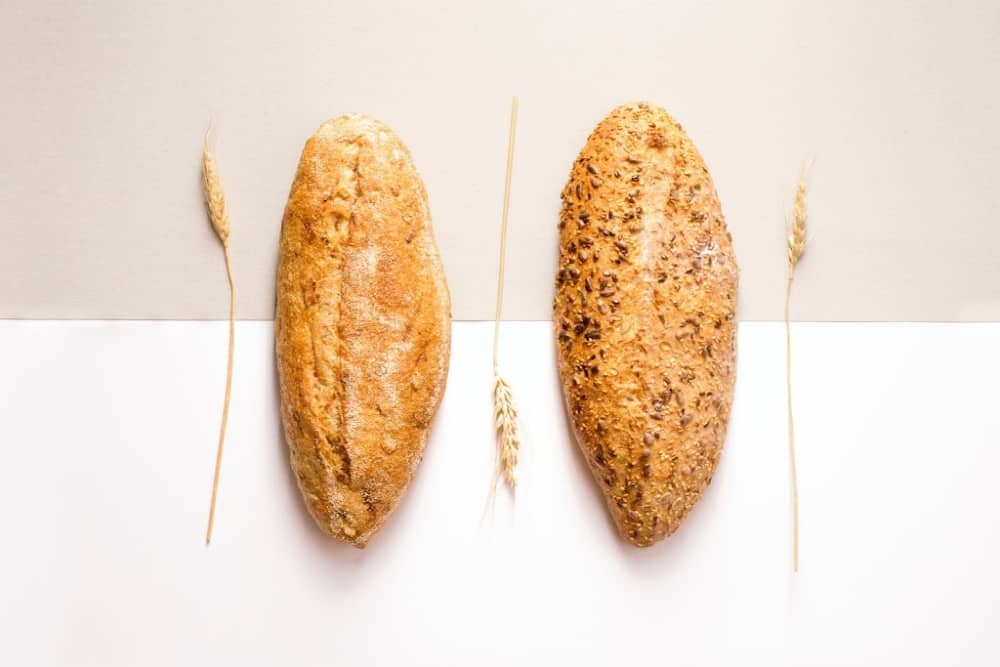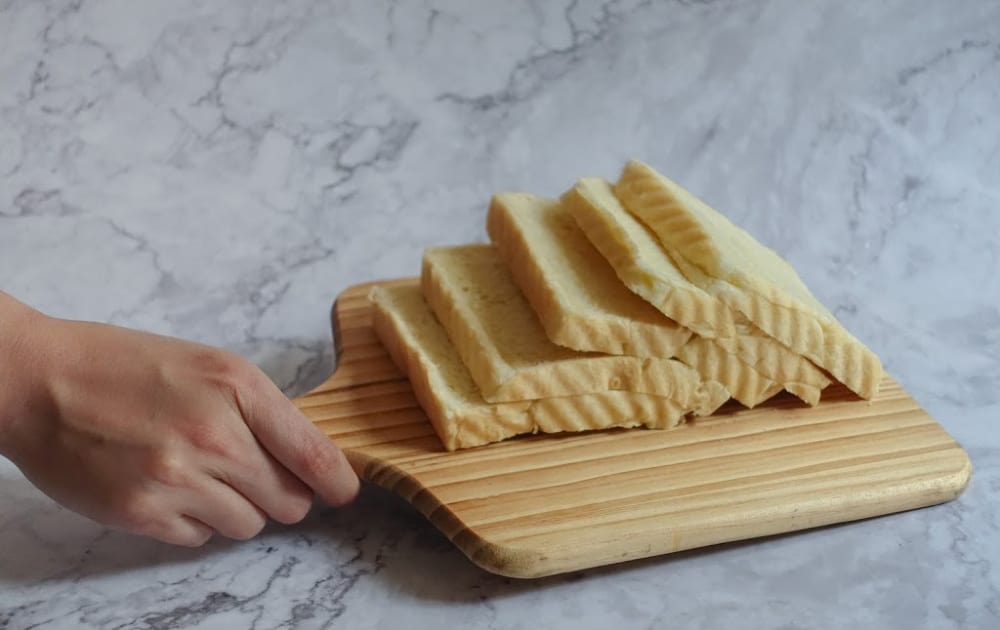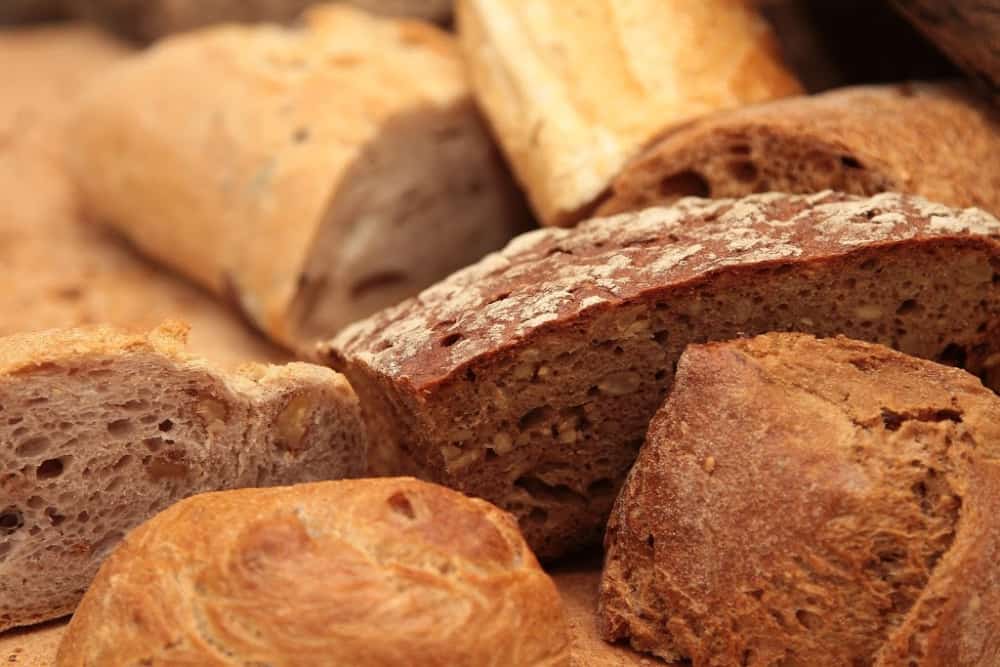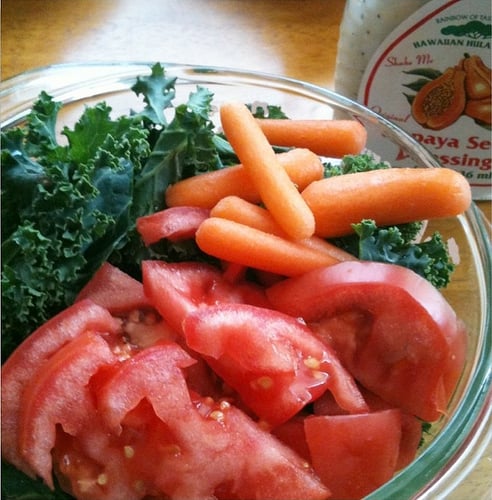What You Need to Know About Gluten

What is Gluten?
Gluten is a mixture of proteins found in wheat, as well as barley, rye, and oats. Glutenin found in wheat flour gives dough its elasticity, allowing leavening and contributing chewiness to baked products. It’s basically glue binding together which serves no purpose in our diet today.
Did you know that wheat is one of the most acidic and possibly the least desirable of all grains?
Adam and Eve and Gluten!
Adam and Eve didn’t have access to refined grains. Though I am sure some of these grains were found in the garden, it would be difficult to harvest enough to make a meal. Our bodies are not designed to ingest these types of grains. Our physical bodies are living organisms, comprised of living cells that were designed to be nourished by living foods.

Gluten Intolerence Symptoms
Gluten intolerance can cause MANY health issues, including arthritis, joint pain, fibromyalgia, and a host of other issues. Some can have gluten intolerances or in severe cases Celiac Disease, these individuals have issues with their metabolism that prevents them from digesting this particular protein. It can cause diarrhea, inflamed intestines, gas and malabsorption of nutrients. Yuck.
People with a gluten intolerance can have effects like feeling foggy, lethargic, bloating, headaches or an aggravated stomach. For diabetics, it takes long for the body to break down gluten. It also interferes with blood sugar levels and insulin production.
Things like stress, food, lifestyle, and chronic infections all contribute to chronic inflammation. Individuals with auto- immune diseases could benefit from eliminating gluten from their diet. When you consistently eat foods known to feed the good bacteria in your gut, it will improve. Taking gluten out of the equation can quickly change your gut health.

Is Gluten-Free for You?
A gluten-free diet is essential for managing signs and symptoms of celiac disease and other medical conditions associated with gluten. A gluten-free diet is however popular among people without gluten-related medical conditions. The claimed benefits of the diet are improved health, weight loss and increased energy.
Many people can benefit from eliminating gluten from their diet. There are so many alternatives out there to support this lifestyle. Some grains, starches or flours that you can include in a gluten-free diet include:
- amaranth
- buckwheat
- corn and cornmeal
- flax
- millet
- quinoa
- rice
There are also now many pasta alternatives as well. Lentil, chickpea, and black bean are a few types. These not only help with your gut health but offer high amounts of protein to your diet.
Do you practice a gluten-free diet? If so, have you noticed a change in your gut health?

Meet Pellerini’s new contributor, Nicole! Nicole Rosen is a certified integrative nutrition health and wellness coach, certified in group fitness, personal training, yoga, tabata, power pilates, pound, zumba, and has taught health and wellness for over 15 years.
She is going to write a monthly article about health and wellness topics that are near and dear to us. If you have any health-related questions, please feel free to drop them in the comments below and we’ll get right back to you!






Everyone should have a gluten-free diet. It is healthy and nutritious.
My mom is thinking about eating healthier and she would really like to get some gluten-free things that she can make herself. Getting a recipe for gluten-free bread could be really useful for her. I’ll be sure to tell her about how she can have millet. quinoa rice, flax, buckwheat, and corn because they don’t have gluten.
She should definitely check out some of these snacks…they are my favorites!